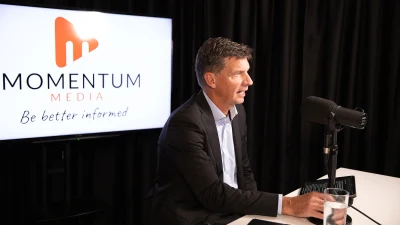GFC-playbook no longer useful in market environment


Investors can no longer rely on way they acted after the Global Financial Crisis (GFC) as active duration management will be better suited to this type of market environment.
According to Arif Husain, head of international fixed income and lead portfolio manager of the Dynamic Global Bond strategy at T. Rowe Price, investors should use currency and derivatives, rather than government bonds, as ways to mitigate risks in a portfolio.
“The changing market environment means that investors can no longer rely on the post Global Financial Crisis (GFC) investment playbook and will need to think differently in 2022. We believe that being index agnostic and deploying active duration management are suited to this environment.
“This year is shaping up to feature the potential risks of market volatility, higher interest rates, and tighter liquidity. Although the environment is likely to be challenging, we expect great buying opportunities to emerge at some stage in both rates and credit markets.
“So, it’s not just a case of navigating the expected rise in volatility, but also identifying when there’s a potential inflection point. Overall, we believe this environment is conducive an approach that is flexible; emphasises active duration management; and the implementation of defensive hedges to help provide diversification against risk assets.”
He said there could be a particularly good opportunity in credit markets as was the case when there was a sell-off in March 2020.
“A potential great buying opportunity could emerge in the credit space. An example here is March 2020, when a huge sell‑off in credit opened up a good opportunity to add select exposures at cheap prices.
“A defensive approach may work well in this environment as hedging strategies are often deployed to help navigate volatility. Managing duration actively is also critical given the duration risks to which credit portfolios may be exposed.
“Keep in mind that duration has been a key driver of credit returns in recent years, which is not a problem when yields are trending lower. The climate is changing, though, and we may be entering a rising rate environment with the potential for duration losses for credit investors.”
Recommended for you
Fidelity Australia managing director Lawrence Hanson has announced the firm’s intention to launch several of its strategies as active ETFs.
Online investment adviser and fund manager Stockspot has introduced Stockspot Super, Australia’s first 'ETF only' superannuation product. superannuation product.
ETF provider Global X has launched a Gold Bullion ETF which will complement the firm’s existing physical gold vehicle.
Betashares has highlighted which ETFs saw the highest volume of inflows and outflows in April, while the overall ETF industry breaks its six-month growth streak.















